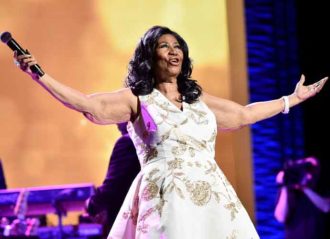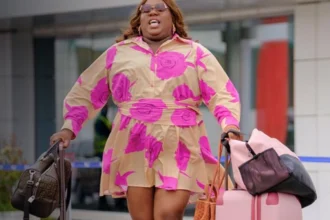John Corbett & David A.R. White On ‘God’s Not Dead: A Light in Darkness,’ Making Religious Films [VIDEO EXCLUSIVE]
For actors David A. R. White and John Corbett, making their new film God’s Not Dead: A Light in Darkness unique from its previous two installments was tough.

![John Corbett & David A.R. White On ‘God’s Not Dead: A Light in Darkness,’ Making Religious Films [VIDEO EXCLUSIVE]](https://cdn-o9.uinterview.com/wp-content/uploads/2018/03/Corbett.jpg)
 Click here for the In Memoriam: 50 Celebrities Who Died In 2018 Slideshow
Click here for the In Memoriam: 50 Celebrities Who Died In 2018 Slideshow










Leave a comment